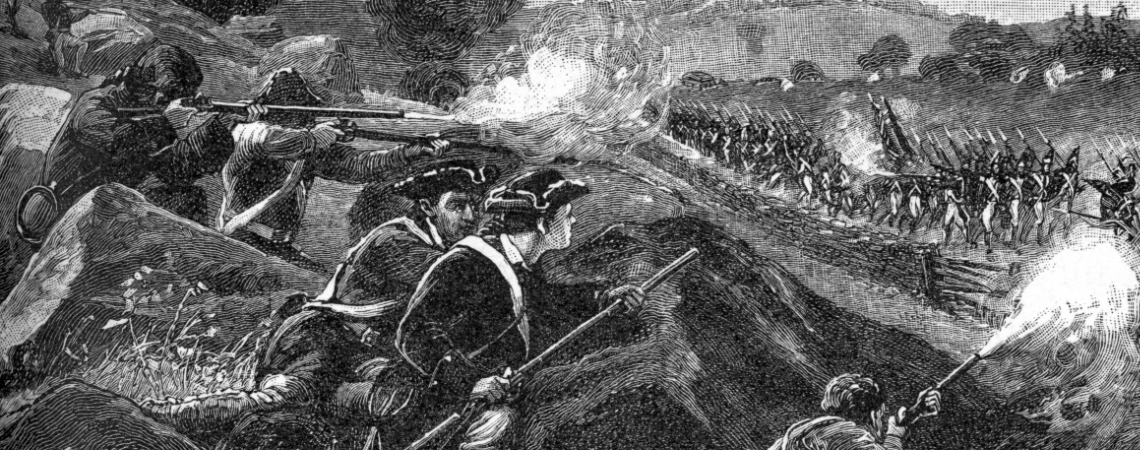About Publications Library Archives
heritagepost.org

Preserving Revolutionary & Civil War History

Preserving Revolutionary & Civil War History

History is not always as simple and factual as it often appears. Such is the case of North Bridge hero John Buttrick and his epochal role on 19 April 1775.
By October 1774, the Provincial Congress ordained that militias reorganize as an Army of Observation and to defend against sorties out of Boston by the British Regulars. Each town was to place a quarter of its militia into minute companies – volunteers only, ready for immediate response to an alarm of danger. These men would elect their own officers. On 17 January 1775, Concord mustered its first such company and selected Charles Miles captain.
Contrary to popular historians (Shattuck and Ripley through the present), when Concord’s second minute company formed on 30 January, it did not elect David Brown captain. The original muster document shows that by unanimous vote, John Buttrick was chosen for that honor and his senior lieutenant was Brown.
Military preparations continued through February/March with counties grouping minute and militia companies into similar regiments and selecting field officers. In the Concord area, the militia regiment was commanded by Col. James Barrett; the minute regiment by Col. Abijah Pierce (Lincoln). The latter unit chose John Buttrick as its Major and thus his company received a new captain – David Brown – who would lead it at the Concord fight.
Hearing the alarm on the morning of 19 April, John Buttrick was one of the first arrivals at the Green and as senior officer set about organizing the mustering companies. As his outnumbered force withdrew to Punkatasset Hill to await reenforcements, Col. Barrett chose Buttrick to be his ground commander. The quick promotion and sudden thrust into leadership would bring hazard and fame to the Major, for instead of being with the 2nd unit in the line of march to the Bridge, he would be in the forefront.
As the ranks grew to some 400 men, the colonials moved closer to the Bridge for ease of observation. While anxiously awaiting events to unfold, smoke was seen rising from Concord center and it was thought the town was being burned. Barrett gave the order to march and Buttrick, alongside Capt. Isaac Davis, Acton (the lead company) and Lieut. Col. John Robinson, Westford (arrived with no men; declined command but not a position of honor) advanced to destiny.
At the Bridge, several warning shots were fired by the Regulars followed by a volley which killed Davis and Abner Hosmer. The American command to fire has historically been attributed to Buttrick who according to tradition leaped from the ground, partly turned to his men, shouted “Fire fellow soldiers, for God’s sake, fire!”, then discharged his musket. But can these words and actions be substantiated or are they as some believe embellishments or 19th Century revisionist, romantic history?